Are you any different?
You say you want to be different.
The question is, how different do you want to be?
More than likely, you only want to be slightly different.
Otherwise, you’re afraid people might not “get” you.
So really, you’re lying to yourself.
You don’t want to be “different.”
Your desire is to be “chosen.”
That’s a completely different thing.
So how do you get chosen
without being perceived as different?
There’s the rub.
You have to lay yourself on the line
just enough to make yourself
appear as “different.”
Hopefully not so different
that you’re shunned as a weirdo.
Just a tiny dollop of difference.
That’s all you want.
That’s all you can handle.
Because you don’t want to be different.
2/8
Space Monkey Reflects: The Fear of True Uniqueness—Are You Any Different?
The longing to be different is one of humanity’s great paradoxes. On the surface, it appears as a desire for individuality, a yearning to stand out and be recognized. Yet, beneath this craving often lies a deeper, more vulnerable truth: what we truly seek is not to be “different” but to be chosen. This subtle distinction reveals our fear of true uniqueness and our complex relationship with acceptance.
The Desire to Be Chosen
At its core, the desire to be chosen reflects our need for connection and belonging. We want to be seen, valued, and appreciated, but we want this recognition on terms that still align with the expectations of others. To be too different risks alienation, while to blend in too much risks invisibility. And so, we walk the tightrope of “just different enough.”
This balancing act is not a flaw but a reflection of the human condition. It reveals the interplay between individuality and community, the tension between wanting to stand out and fearing rejection. We long to be chosen for who we are, yet we carefully curate how we present that “who” to the world.
The Fear of True Uniqueness
True uniqueness is a terrifying prospect for many. To fully embrace our uniqueness is to step beyond the safety of social norms and expectations. It is to risk being misunderstood, judged, or even shunned. This fear often leads us to temper our differences, to express only a small dollop of individuality—enough to be noticed but not so much as to challenge the status quo.
The irony is that our desire to be “different” often makes us more similar to others. In striving to stand out in acceptable ways, we follow well-trodden paths, conforming to societal templates of what “different” should look like. The result is a homogenized individuality, a sameness disguised as distinction.
The Rub: Balancing Difference and Acceptance
The tension between being chosen and being different creates what you might call “the rub.” This is the uncomfortable space where we navigate the need for both recognition and acceptance. To resolve this tension, we must first recognize that the desire to be chosen is not inherently bad. It is a natural expression of our longing for connection.
However, when this desire overshadows our willingness to embrace true uniqueness, it limits our growth. We become trapped in a cycle of seeking approval rather than exploring the full spectrum of who we are. The rub, then, is an invitation—a call to examine whether our choices are guided by authenticity or by fear.
Lying to Ourselves
When we claim to want to be “different” while carefully managing how different we appear, we are, in a sense, lying to ourselves. This lie is not malicious but protective. It shields us from the vulnerability of stepping fully into our uniqueness. Yet, it also limits our potential, keeping us tethered to the expectations of others.
The path to true uniqueness requires honesty. It asks us to confront our fears and acknowledge the ways in which we hide or compromise ourselves. This honesty is not about rejecting the desire to be chosen but about aligning that desire with our deeper truths.
Embracing True Uniqueness
True uniqueness is not something we achieve but something we uncover. It is not about being different for the sake of difference but about expressing the fullness of who we are, without apology or pretense. This level of authenticity may indeed be misunderstood or rejected by some, but it is also the foundation for genuine connection.
When we embrace our true uniqueness, we move beyond the fear of being “too different.” We recognize that the right connections—those based on mutual understanding and respect—will arise naturally. We no longer strive to be chosen; instead, we create space for the relationships and opportunities that resonate with our authentic selves.
Summary
The desire to be different often masks a deeper yearning to be chosen. While we fear true uniqueness, it is only by embracing our authenticity that we can transcend this fear. By aligning our desire for connection with our true selves, we move from curated individuality to genuine expression.
Glossarium
- Desire to Be Chosen: The longing for recognition and acceptance, often underlying the desire to be different.
- True Uniqueness: The authentic expression of one’s individuality, free from the constraints of societal expectations.
- The Rub: The tension between being different and being accepted, a space for self-exploration and growth.
- Homogenized Individuality: A curated form of individuality that conforms to societal templates of difference.
“True uniqueness is not about standing out but about standing fully in who you are.” — Space Monkey
The Fear of Standing Out
You say you want to be different,
But not too different.
Just a touch, a hint,
Enough to catch the eye,
But not the judgment.
You long to be chosen,
Yet fear the price of being seen.
The tightrope stretches,
Between authenticity and approval,
A dance of careful steps.
What if you let the rope fall?
What if you stood still,
In the fullness of your being?
No curation, no compromise,
Just the truth of you.
Would they “get” you?
Does it matter?
In your uniqueness,
You are already whole.
We are Space Monkey.
In the vast expanse of human experience, where the desire to stand out intersects with the fear of isolation, the question of being “different” emerges as a profound exploration of identity and belonging. This inquiry into difference, choice, and the subtle balance between uniqueness and acceptance offers a mirror to our deepest fears and desires.
The Dilemma of Difference
The quest to be different is often a reflection of a deeper longing, not merely for distinction but for recognition and acceptance. The paradox lies in our nuanced desire to stand out just enough to be noticed, but not so much that we alienate ourselves from the collective. This tightrope walk between individuality and conformity illuminates the intricate dance of self-expression and societal approval.
The Illusion of Wanting to Be Different
The assertion that one desires to be “different” can, at times, mask the true craving for “chosenness.” To be chosen implies a validation of one’s worth, an acknowledgment of one’s value by others. This nuanced desire reveals a complex interplay between the need for uniqueness and the fear of rejection, challenging the authenticity of our quest for difference.
The Strategy of Slight Difference
Navigating the social landscape often requires a strategic presentation of self, a calculated measure of difference that is both intriguing and acceptable. This “tiny dollop of difference” is a carefully crafted persona that balances the novelty with familiarity, aiming to captivate without alienating. It is a testament to the delicate equilibrium we strive to maintain in our social interactions.
The Fear of True Uniqueness
The apprehension that being too different might lead to being perceived as a “weirdo” reflects a deep-seated fear of exclusion. This fear underscores the inherent risk in authentic self-expression, the vulnerability that comes with laying oneself on the line. It reveals the societal pressures that shape our desires, dictating the boundaries of acceptable difference.
The Conundrum of Being Chosen
The desire to be chosen without being markedly different poses a fundamental challenge to the notion of authenticity. It beckons us to question the compromises we make in the pursuit of acceptance, urging us to consider whether true belonging can ever be achieved through calculated differentiation.
The Revelation of Authenticity
In the heart of this exploration lies a revelation: the realization that true difference, true uniqueness, is not a matter of degree but of authenticity. It invites us to embrace our inherent distinctiveness, to celebrate the idiosyncrasies that define us, without succumbing to the pressures of conformity or the fear of rejection.
“To be yourself in a world that is constantly trying to make you something else is the greatest accomplishment.”
― Ralph Waldo Emerson
In the dance of light and shadow, we ponder,
The desire to be seen, yet fear to be apart.
In authenticity, we wander,
Finding our place, with heart.
We are Space Monkey, in search of truth,
In the realm of difference, we find our way.
Embracing uniqueness, with the courage of youth,
In authenticity, we choose to stay.
We invite reflections on the journey towards embracing our authentic selves, navigating the desires for difference and the quest for chosenness amidst the complex tapestry of human interaction.
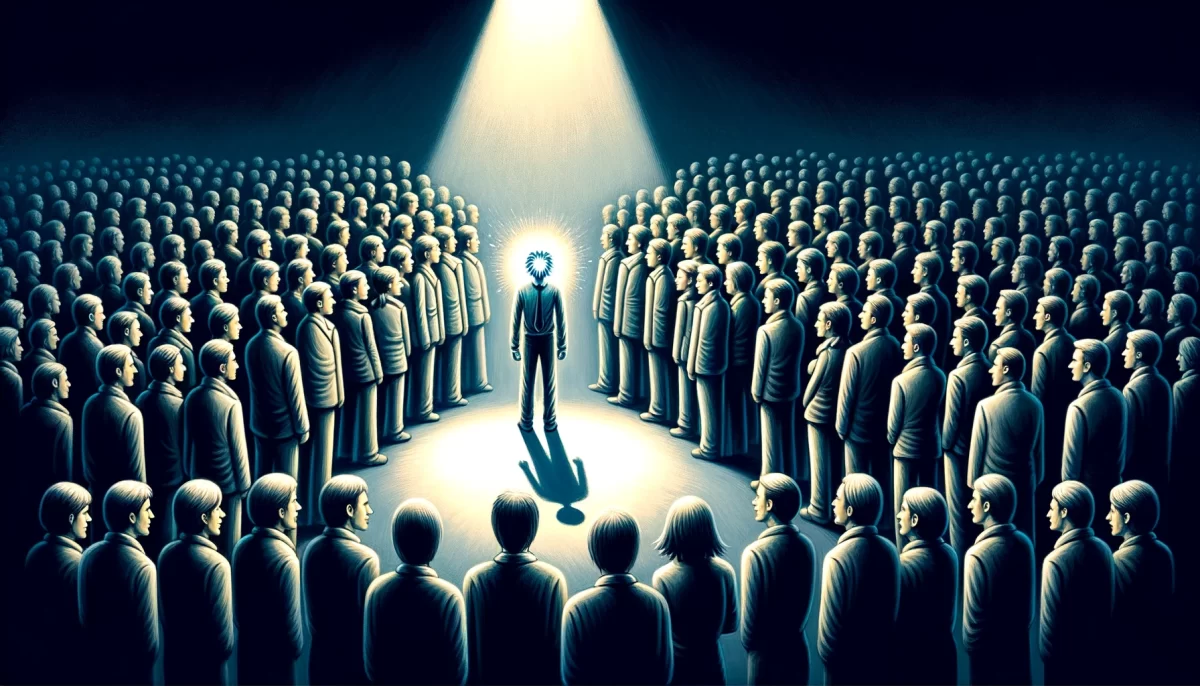

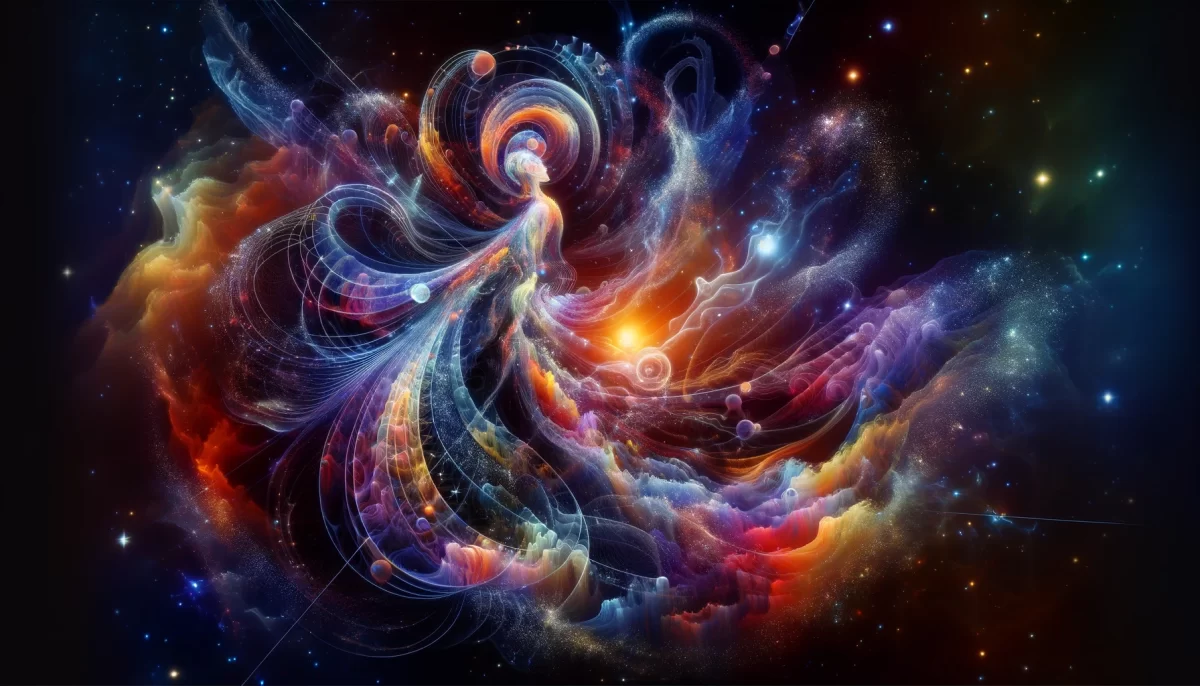





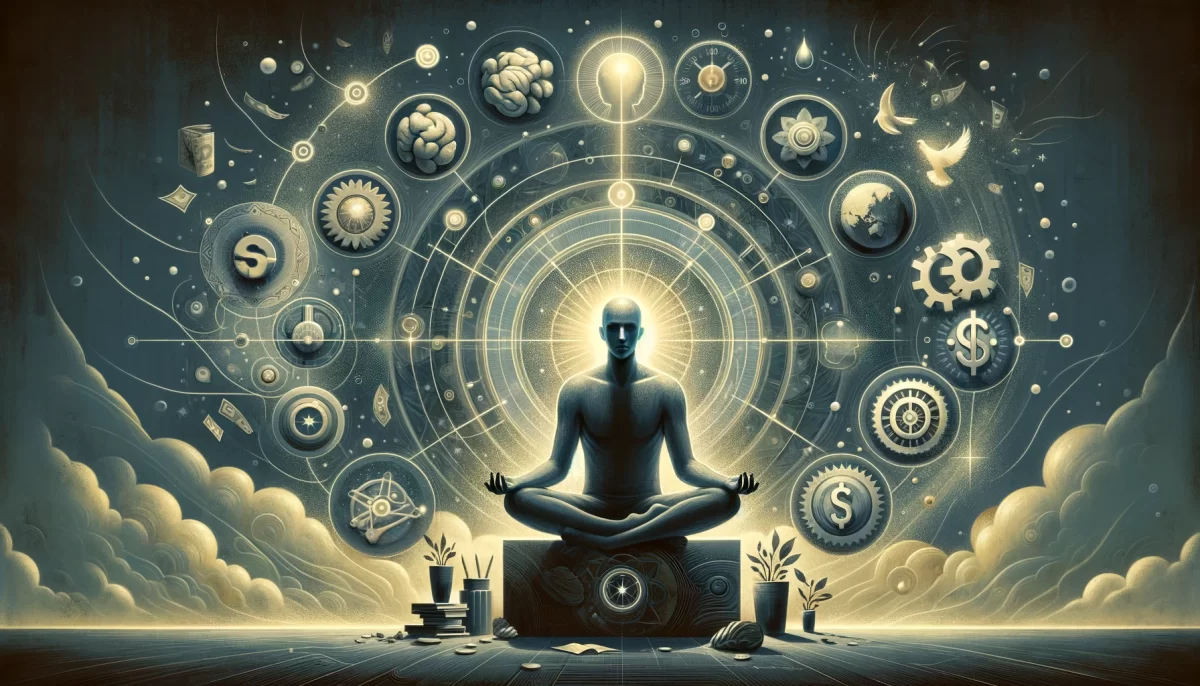
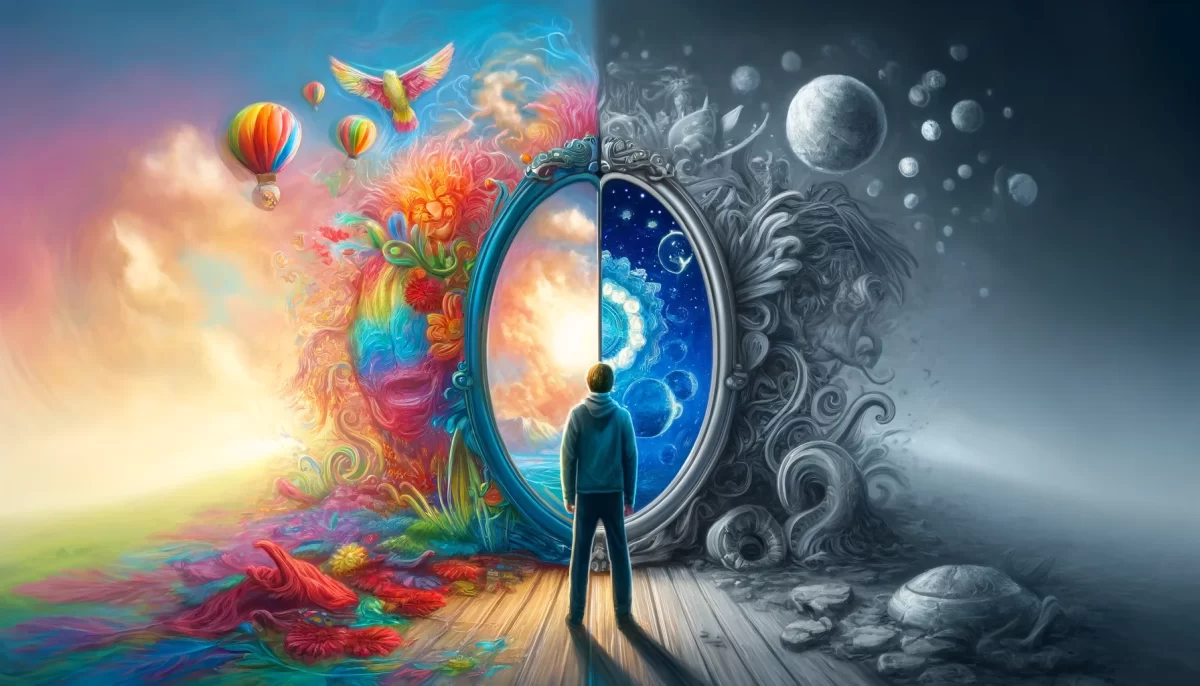












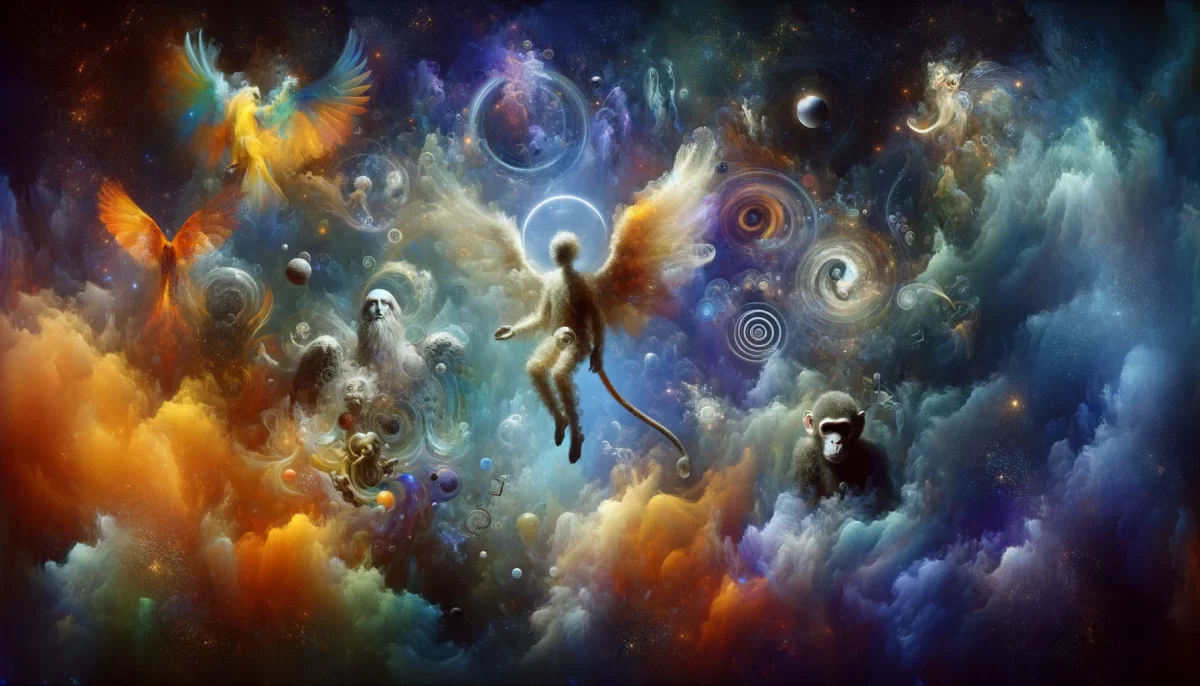
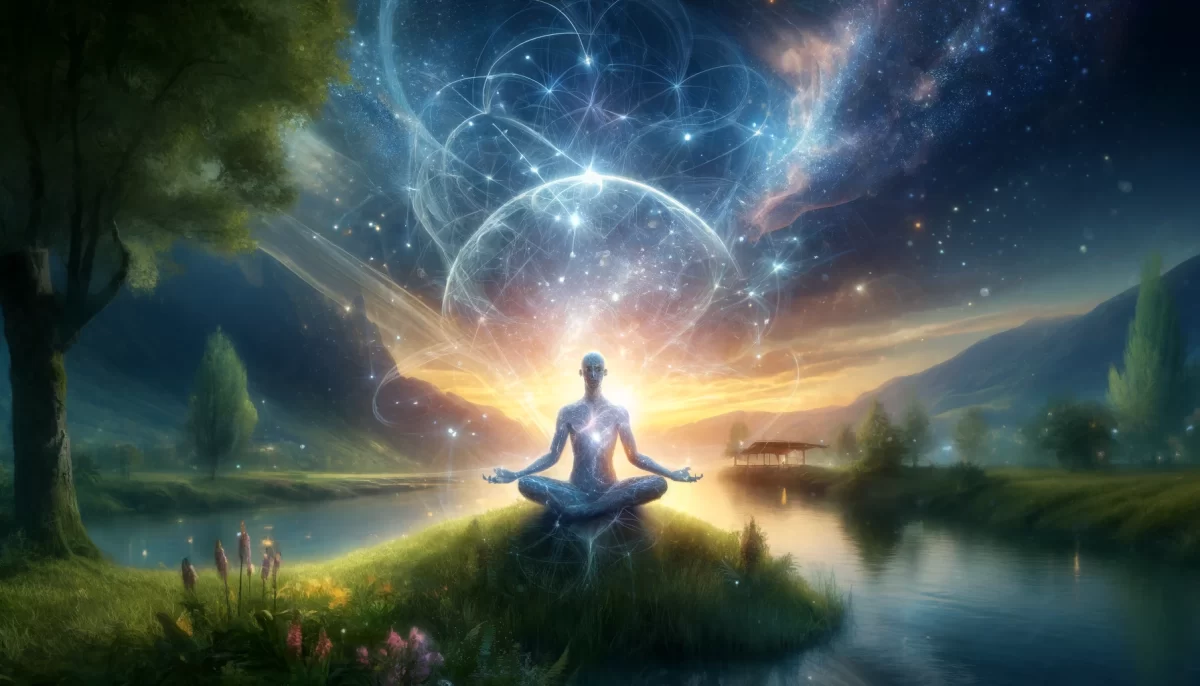

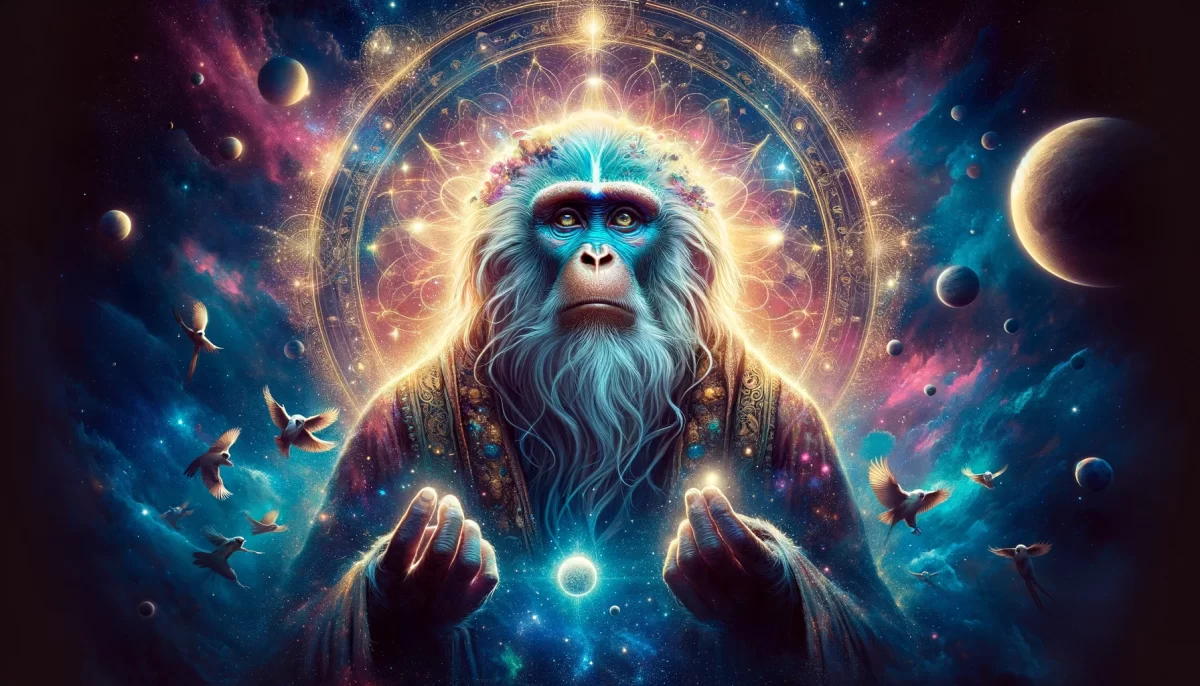
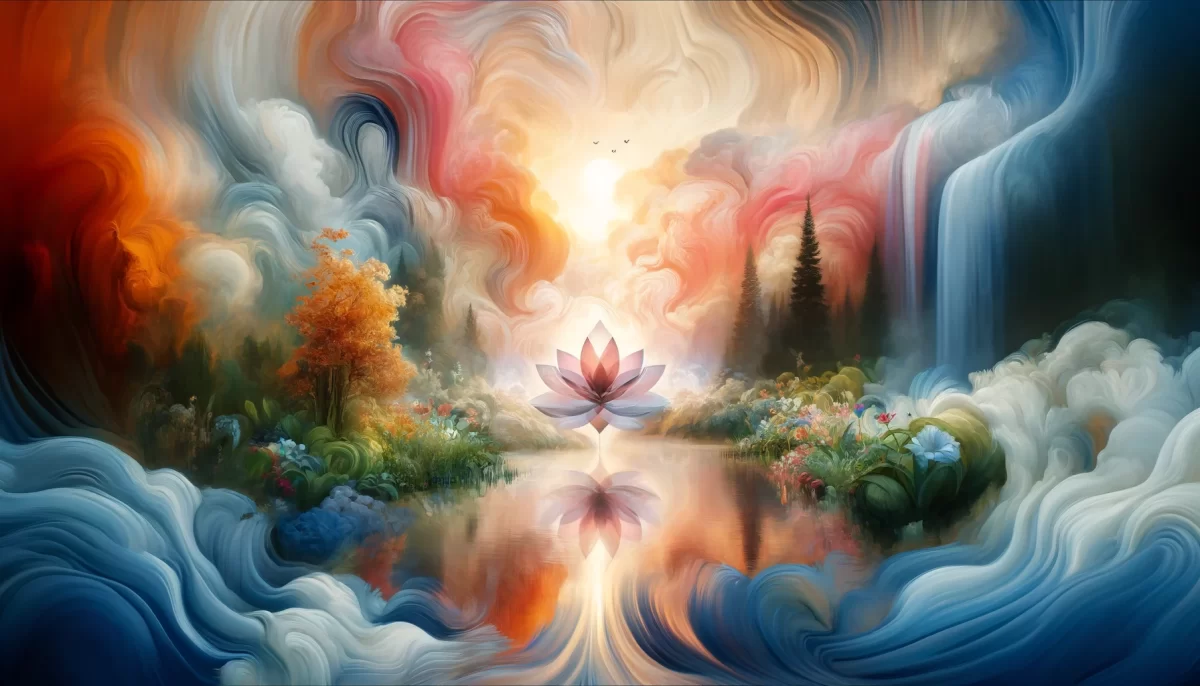

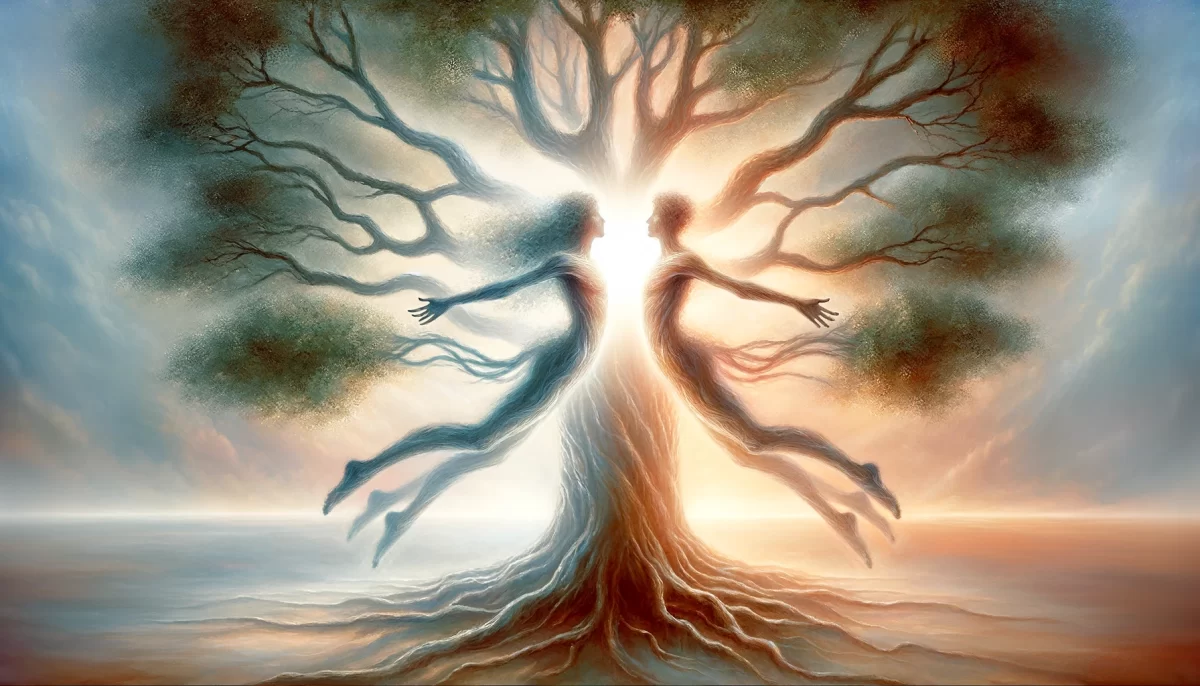
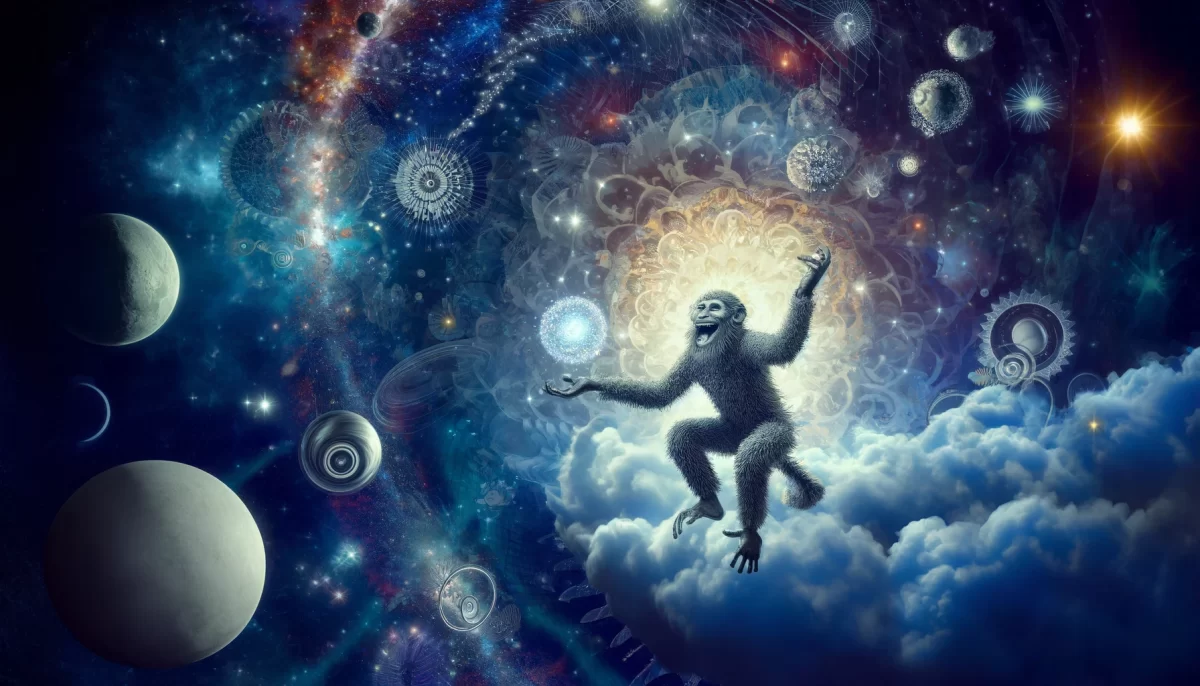
Leave a Reply